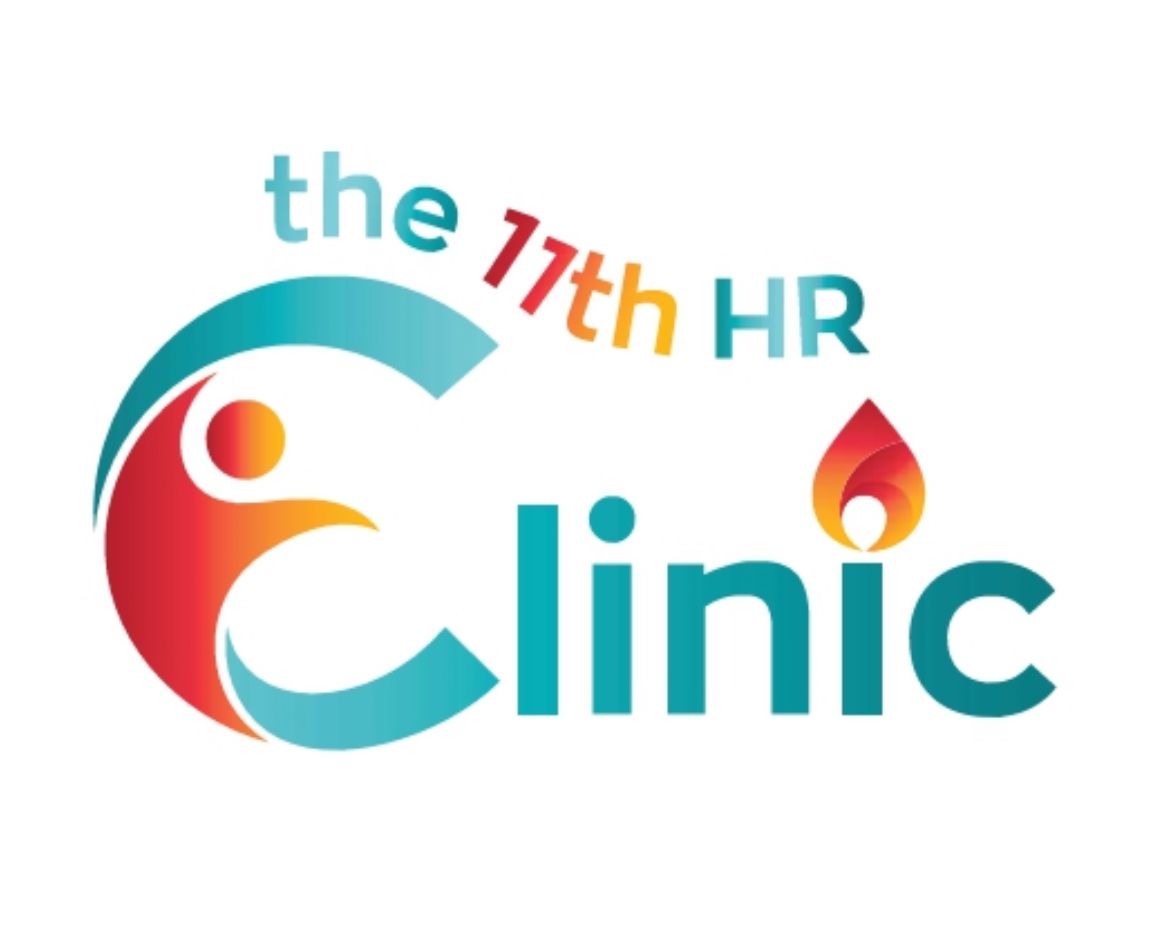Discovering Your Ikigai
Finding Meaning, Motivation, and Wellbeing in Your Daily Life
In the busyness of modern work life, it’s easy to feel disconnected from what truly matters. Deadlines, meetings, and endless tasks can leave us feeling drained and disengaged. The Japanese concept of ikigai, “a reason for being”, offers a framework to reconnect with what gives life meaning, purpose, and motivation.
Ikigai is not just a career goal, a hobby, or fleeting motivation. It’s the sweet spot where what you love, what you’re good at, what the world needs, and what you can be paid for come together. Finding your ikigai can bring clarity, satisfaction, and a sense of direction, both at work and in life (Sartore, Michel, & Koob, 2023).
What Is Ikigai?
At its heart, ikigai is about aligning your life with what truly matters to you. It sits at the intersection of four key areas:
- What you love: activities and tasks that energize and inspire you
- What you are good at: your strengths, skills, and talents
- What the world needs: ways your actions contribute positively to others
- What you can be paid for: how your work or vocation sustains you
Where these areas overlap, you find your ikigai. A source of meaning that motivates you to get up in the morning, keeps you resilient during challenges, and guides your personal and professional choices (Kumano, 2006).
Why Ikigai Matters
Research shows that having a clear sense of purpose is strongly linked to mental and physical wellbeing. For employees, ikigai can support engagement, motivation, and resilience at work.
Mental health and wellbeing: People with a strong sense of ikigai report lower levels of depression and anxiety and higher life satisfaction (Wilkes et al., 2023).
Resilience and longevity: Longitudinal studies in older adults show that having ikigai reduces the risk of functional disability, dementia, and even cardiovascular disease (Miyazaki et al., 2022).
Work engagement: Early research suggests that ikigai functions as a personal resource, helping employees remain engaged and motivated even in demanding roles (Koob et al., 2025).
Cross-cultural relevance: While originating in Japan, the principles of ikigai — aligning passions, strengths, and contributions — are beneficial across cultures (Sartore et al., 2023).
This research underscores that ikigai is more than philosophical; it has tangible benefits for wellbeing and performance.
How Ikigai Can Guide Your Work Life
Work is often where people spend the majority of their waking hours. When work aligns with ikigai, it can:
- Enhance motivation: Your tasks feel meaningful, rather than just obligations (Koob et al., 2024).
- Reduce burnout: Purpose gives perspective, helping you navigate challenges without feeling overwhelmed (Yoshioka, 2023).
- Foster connection: Contributing to others’ wellbeing or achieving shared goals strengthens relationships and a sense of belonging (Randall et al., 2023).
Even if your current role isn’t perfectly aligned with your ikigai, small changes like focusing on projects that match your strengths, mentoring colleagues, or volunteering for meaningful tasks can create significant impact (Hall et al., 2023).
Practical Steps to Discover Your Ikigai
Finding your ikigai is a personal, ongoing journey. Here are compassionate, practical steps to explore it:
Reflect on what energizes you
Ask yourself: “What activities make me feel alive?” “When do I feel most engaged?” Journaling or mindful reflection can help uncover patterns (Sartore et al., 2023).
Identify your strengths
Consider what you do well and where others naturally turn to you for help. Recognising your talents is key to aligning what you love with what you can contribute (Kumano, 2006).
Consider your impact
Reflect on how your actions benefit others such as colleagues, clients, or the broader community. Even small contributions can create a sense of meaning (Wilkes et al., 2023).
Align with your livelihood
Think about how your passions and strengths can fit into your current role or career path. Sometimes this requires job crafting; other times, it may involve side projects or volunteering (Nagata, 2024).
Experiment and iterate
Ikigai evolves. Try new projects or approaches and notice what feels fulfilling. Adjust your focus over time (Hall et al., 2023).
Seek guidance
Mentors, workplace psychologists, or coaches can help you explore ikigai thoughtfully, providing perspective and support (Koob et al., 2025).
Approaching Ikigai with Compassion
It’s important to remember that discovering ikigai is not about achieving a perfect life purpose. Life circumstances, work demands, and personal changes mean that ikigai may shift over time. The goal is gentle exploration, not pressure or perfection (Yoshioka, 2023).
Allow yourself patience and self-compassion. Reflect, experiment, and take small steps. Every choice aligned with your passions, strengths, and values is a move closer to your personal ikigai (Sartore et al., 2023).
Bringing Ikigai into Your Daily Work
- Micro-actions: Align small daily tasks with your values. Even minor adjustments, like taking ownership of a project or helping a colleague, reinforce purpose (Koob et al., 2024).
- Connect with colleagues: Sharing values and motivations strengthens engagement and psychological safety (Randall et al., 2023).
- Pause and reflect: Regular check-ins with yourself help ensure your actions support your ikigai (Hall et al., 2023).
Final Thoughts
Your ikigai is unique and may change over time. It can be fully integrated into your work and exist in hobbies, family, or community contributions. The key is reflective exploration and intentional alignment. By nurturing your ikigai, you not only enhance your own wellbeing but positively influence your workplace and the people around you. Even small steps toward aligning your daily life with your passions, strengths, and contributions can create lasting impact.
At the 11th hour clinic, we support employees in exploring meaning, building resilience, and fostering wellbeing. If you’re curious about how to discover or integrate your ikigai into work and life, our coaching and workplace programs can guide you through compassionate, practical steps. If you're ready to reflect on your passions, strengths, and contributions, helping you take small, practical steps toward a more meaningful and resilient work life book a consultation today and start your journey toward discovering what truly makes your work and life worth living.
References
Hall, J., et al. (2023). Exploring ikigai in undergraduates: Developmental outcomes. Higher Education Research & Development, 42(5), 1234–1250.
Koob, E., et al. (2025). Ikigai as a personal resource for work engagement. Journal of Vocational Behavior, 145, 104–118.
Koob, E., et al. (2024). Motivation, attention, and ikigai: A longitudinal perspective. European Journal of Psychology, 20(1), 12–28.
Kumano, H. (2006). Development of the Ikigai Scale. Journal of the Japanese Association of Health Psychology, 19(1), 56–64.
Miyazaki, Y., et al. (2022). Ikigai and cardiovascular mortality: The JACC study. Journal of Epidemiology, 32(6), 255–262.
Nagata, K. (2024). Perceptions of ikigai and work in adult populations. Journal of Vocational Rehabilitation, 61(2), 123–136.
Randall, J., et al. (2023). Cross-cultural interpretations of ikigai. Aging and Society, 43(1), 67–86.
Sartore, G., Michel, A., & Koob, E. (2023). A cognitive-motivational model of ikigai in the workplace. European Journal of Psychology, 19(2), 99–115.
Wilkes, R., et al. (2023). Ikigai and mental health in Western adults. International Journal of Mental Health, 52(3), 215–230.
Yoshioka, T. (2023). Eudaimonic well-being and ikigai. Asploro Journal of Happiness Studies, 10(2), 45–59.



